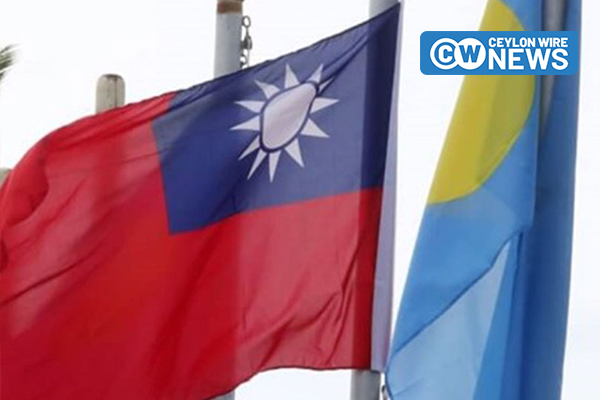In the wake of Taiwan’s recent presidential elections, China has intensified its efforts to isolate Taiwan, displaying discontent with the return of the Democratic Progressive Party, a pro-sovereignty administration that Beijing had hoped to see ousted. China successfully persuaded nine of Taiwan’s diplomatic allies to switch allegiance, with Nauru being the latest to align with China, following Honduras last April.
Palau, a nation with close ties to Taiwan, has become a focal point for China’s isolation strategy. However, China has employed tourism as a tool to pressure Palau into severing diplomatic ties with Taiwan. Despite Palau’s reliance on U.S. support to counteract China’s activities around its coasts, the Pacific island nation has reaffirmed its commitment to maintaining diplomatic ties with Taiwan.
The President of Palau, Surangel Whipps Jr., publicly disclosed China’s offer, suggesting that the delay in U.S. economic aid to Palau has made local leaders more open to dropping ties with Taiwan in exchange for Beijing’s financial assistance. China’s proposal includes filling hotel rooms in Palau and offering additional financial incentives, indicating a concerted effort to influence the island nation’s alliances.
Palau, one of the 11 nations retaining diplomatic ties with Taiwan, expressed discontent with the U.S. Senate’s foreign aid package, which excluded financial support for the Compact of Free Association (Cofa), a pact linking the U.S. closely with Palau, along with Marshall Islands and Micronesia.
Beijing’s use of tourism as an economic tool for political gain has sparked concerns. Analysts view China’s offer to Palau as an attempt to sever its relationships with both the U.S. and Taiwan. The move is seen as part of a broader strategy by China to exploit Chinese tourists to weaken Taiwan’s international alliances.
This is not the first instance of China targeting Palau. In July 2023, President Whipps Jr. acknowledged China’s pressure to switch recognition from Taiwan to China. Palau, increasingly dependent on China for tourism and financial support, sought alternative investment to counter the pressure.
Despite previous attempts, Palau maintained diplomatic relations with Taiwan in 2022, a decision that aligns with its stance since establishing ties in 1999. The editorial concludes that China’s use of “dollar diplomacy” and tourism as a political weapon is a longstanding strategy, highlighting instances where Beijing has cut tourism ties for political purposes in the past.









